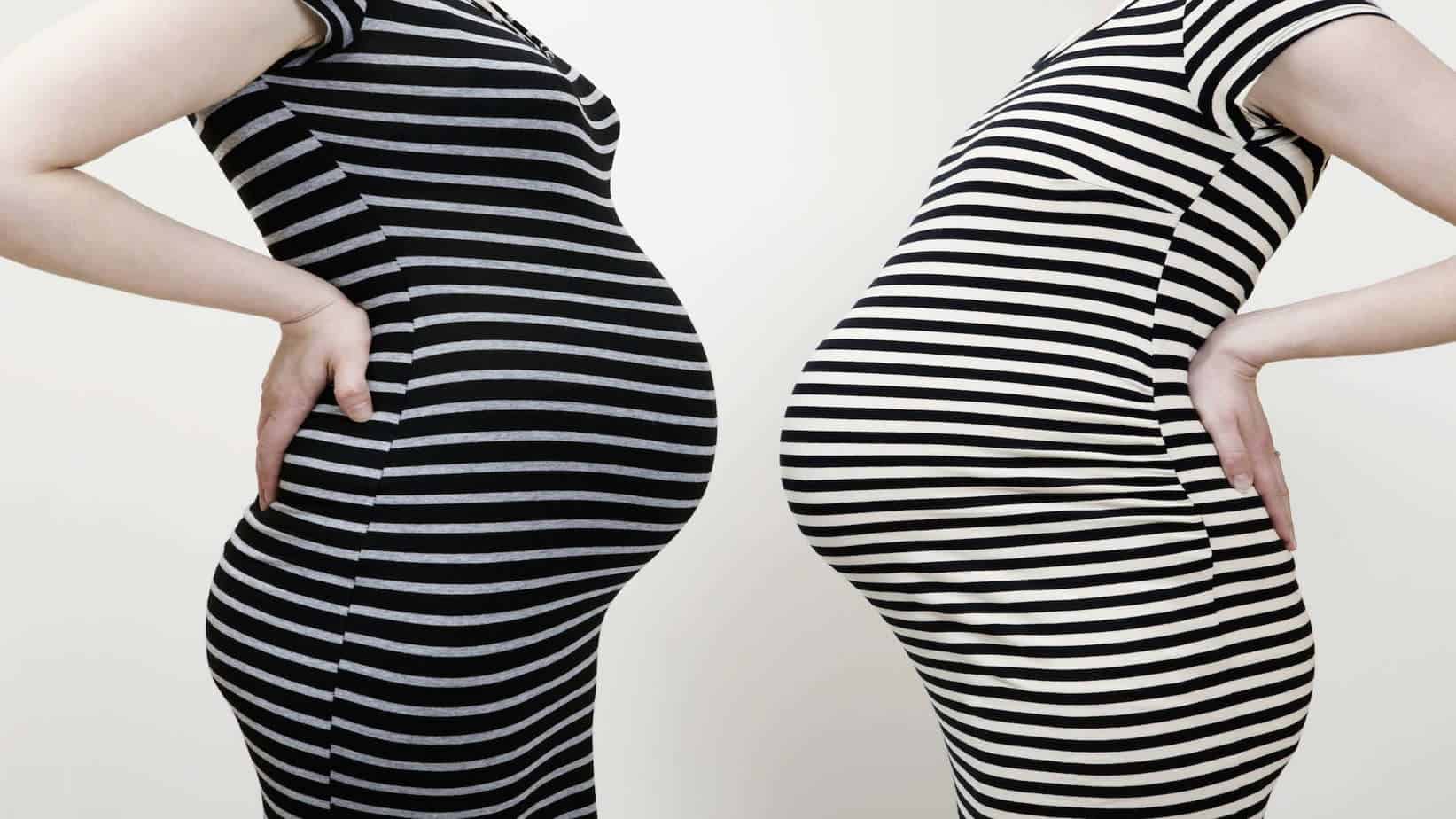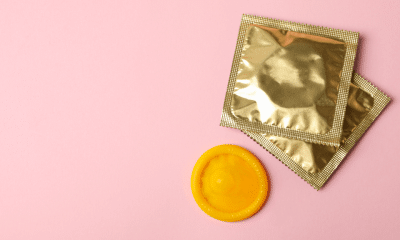Health
WHO Reveals Carbetocin; New Drug To Stop Bleeding At Child Birth


World Health Organisation (Photo File)
Good News For Women As WHO Reveals Carbetocin, A Substitute For Oxytocin
The World Health Organisation (WHO) has revealed a drug that can reduce mother’s death rate at child birth as a result of blood loss.
WHO said Carbetocin now serves as a new competition – with improved benefits – to Oxytocin, a stand-by drug used to prevent potentially-fatal bleeding after childbirth.
According to WHO, excessive bleeding after childbirth still kills around 70,000 mothers a year and currently, Oxytocin is the first-choice medication, but it must be kept cold, unlike the new drug, Carbetocin.
The study, partly led, among others, by WHO and published on Wednesday, suggested that the new drug which could be stored at normal temperatures, could save the lives of thousands in low- and lower-middle-income countries.
WHO Director-General Tedros Adhanom Ghebreyesus said, “This is a truly encouraging new development that can revolutionise our ability to keep mothers and babies alive,”
WHO said since Oxytocin must be stored and transported at a cool two to eight degrees Celsius – a difficult task in many countries – numerous women lack access to the medicine as heat exposure might render the drug less effective.
According to a published report in New England Journal of Medicine, WHO reveals that the heat-stable Carbetocin is not only as safe and effective as Oxytocin, but even without refrigeration – when stored at below 30 degrees Celsius and 75 per cent relative humidity – it retains its efficacy for at least three years.
WHO estimated about 70,000 women who die annually from postpartum haemorrhage – increasing the risk that their babies will also die within a month.
In the largest clinical trial of its kind, close to 30,000 women who gave birth vaginally were studied in Nigeria, Argentina, Egypt, India, Kenya, Singapore, South Africa, Thailand, Uganda and the United Kingdom.
Immediately after child birth, each woman was randomly injected with a single dose of either heat-stable Carbetocin or Oxytocin – revealing that both were equally effective at preventing excessive bleeding.
Metin Gülmezoglu of WHO’s Department of Reproductive Health and Research, described the report of Carbetocin as “very good news” for millions of women.
“The development of a drug to prevent postpartum haemorrhage that continues to remain effective in hot and humid conditions is very good news for the millions of women who give birth in parts of the world without access to reliable refrigeration,” Gülmezoglu said.
NAN reports that Carbetocin has not yet been cleared for use beyond clinical trials, the next steps begin with a regulatory review, countries’ approval and then consideration by WHO’s Guideline Development Group.
However, WHO said on Wednesday, that following the positive trial results, it would be working to advance affordable access to the potentially lifesaving drug in countries with a high maternal death rate.












